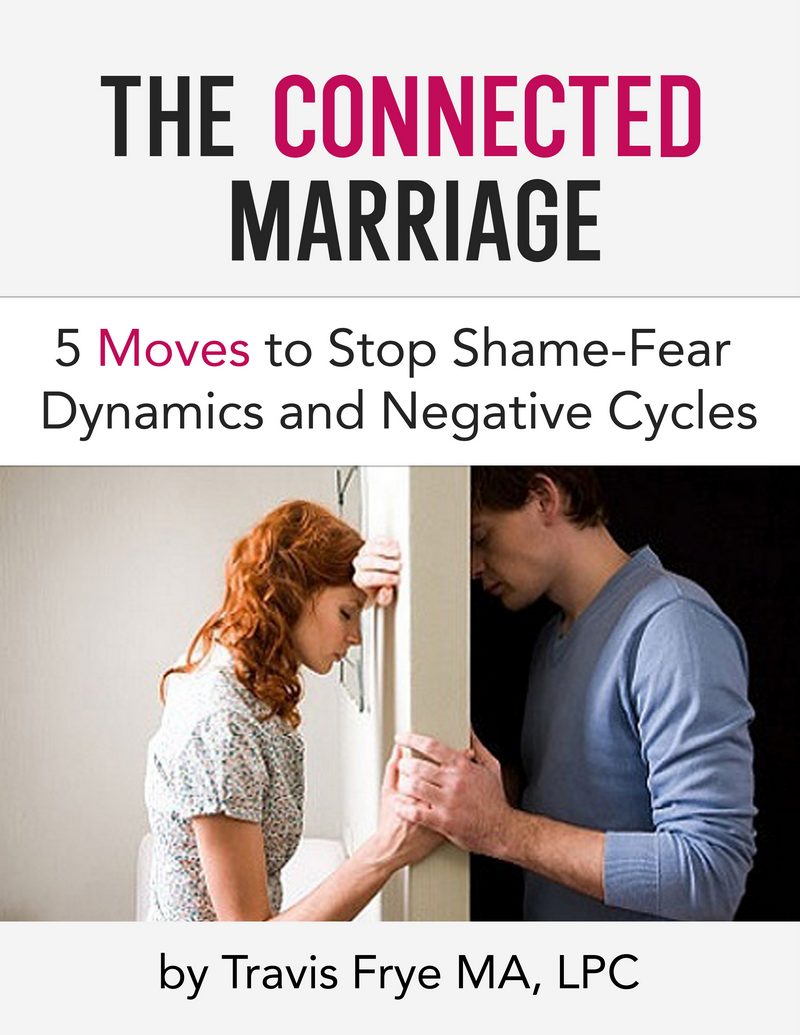Looking for a marriage counselor can be uncomfortable and even a little scary.
After all, you’re trying to find someone with whom both you and your partner will be comfortable. You’ll be sharing some of the most vulnerable parts of your life. And you’ll be opening up to someone about topics not even your closest friends may know about.
You want your marriage therapist to provide a safe, nurturing space. Unfortunately, this doesn’t always happen. If you find yourself feeling uncomfortable with your therapist, review the following list. If any of these topics fit, consider finding someone else.
1. Not Addressing Issues Related to Abuse
This point is at the top of the list for a good reason. If you are being abused in any way in your marriage, the last thing a counselor should do is to ignore or downplay what is happening. A competent marriage counselor will make appropriate treatment recommendations such as individual counseling to address any types of abuse issues that make conducting marriage therapy unsafe and possibly even dangerous.
In cases of physical abuse, your physical safety is of utmost importance. Even if you choose to continue working on the marriage there are situations where a therapeutic separation in order to maintain safety is of top priority. Setting firm boundaries, addressing the abuse directly, conducting individual therapy as clinically indicated, and in some instances even walking away from the abusive partner are steps that can be taken.
2. Take Sides
A marriage therapist is not there to pit you and your spouse against each other. Yes, they should try to facilitate understanding between the two of you. That’s one of the reasons why you are in counseling. But a marriage therapist should focus on helping you work together to come to your own resolutions. A marriage therapist who gangs up with one spouse against the other is bad news. That will only create more conflict.
3. Share Too Much
Empathy and connection are essential in therapy. You want to feel like your marriage therapist understands where you’re coming from. But this doesn’t mean that your therapist should dominate sessions talking about their relationship problems. Even if they do so to establish rapport, the session is about you and your issues. Not about them!
4. Tell You That You Can Change Your Spouse
If your marriage therapist tells you that you can change your spouse, you can rightly assume they don’t know what they’re talking about! Many couples enter into marriage therapy because their differences cause conflict. A marriage therapist can help you learn to communicate about these differences. They can provide feedback on how to change the dynamic in your relationship for the better. But no one can change another person. They can only change themselves.
5. Ignore Your Input
Effective therapy is an art. There is no identical, one-size-fits-all option for treatment. This idea is particularly true of marriage counseling, where two individuals bring issues to the session.
You might find that some of the things your marriage therapist says or does just don’t fit. If they continually focus on one topic that you don’t feel is helpful, mention it. When a marriage therapist dismisses your input, they are downplaying your role in the therapy relationship.
Of course, the nature of marriage counseling means that it will be uncomfortable at times. You will need to talk about topics you’d rather not. But it’s okay to listen to your intuition as well.
6. Tell You Exactly What to Do
The reason you reach out for a marriage therapist’s help is that you do want guidance for your marriage. You know you need outside support. But again, a marriage therapist is there to help you and your partner work together to find solutions.
The marriage therapist is not there to give you solutions. Black-and-white prescriptions for changing your behavior are ineffective. And inflexible treatment approaches will not do you any good.
Begin Working With A Marriage Therapist in Phoenix, Scottsdale, and online in Arizona
Our team of marriage therapists understand that the decision to start marriage therapy can be challenging. This is why we are happy to offer a complimentary 20-minute phone consultation. Our locations for counseling are located throughout the valley with counseling centers located in Phoenix, Anthem, Scottsdale and online anywhere in Arizona. You can start your therapy journey with Crossroads Counseling by following these simple steps:
- Contact Crossroads Counseling for a complimentary 20-minute phone consult
- Meet with a marriage therapist
- Start working with a highly trained marriage therapist
Feel free to learn more about our practice by visiting our about page, FAQ, and blog, or read more about our staff members to start finding your best therapeutic fit! or, call us at 623-680-3486, text 623-688-5115, or email info@crossroadsfcc.com for more information!






